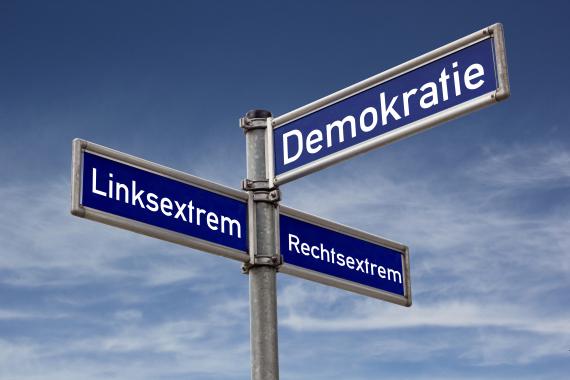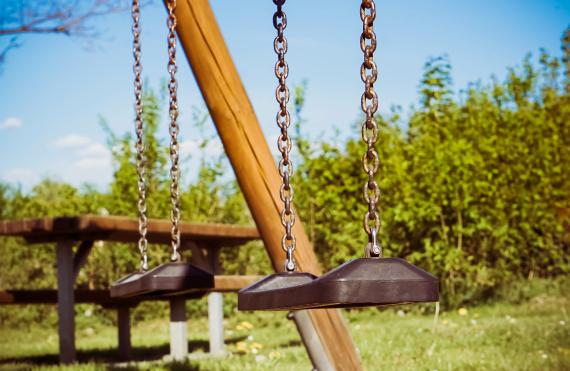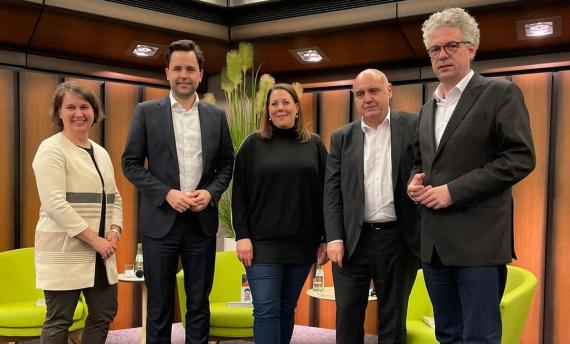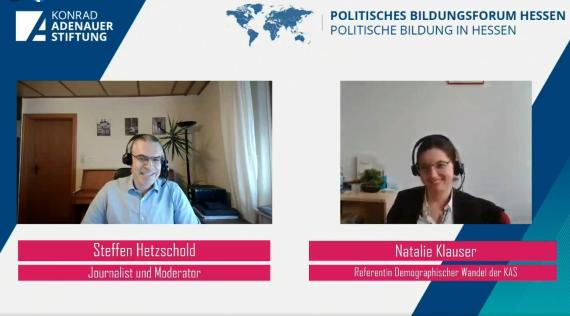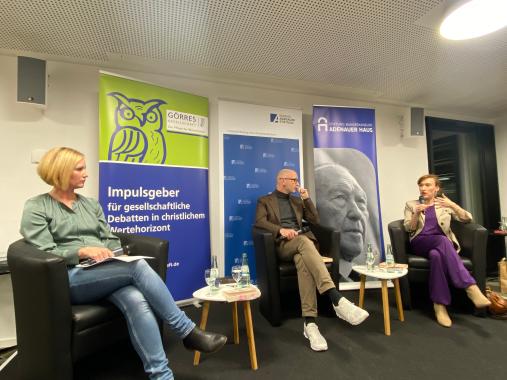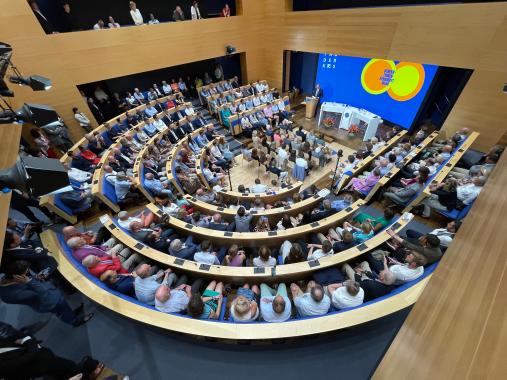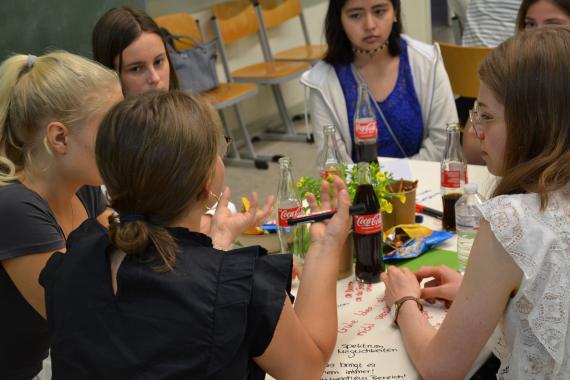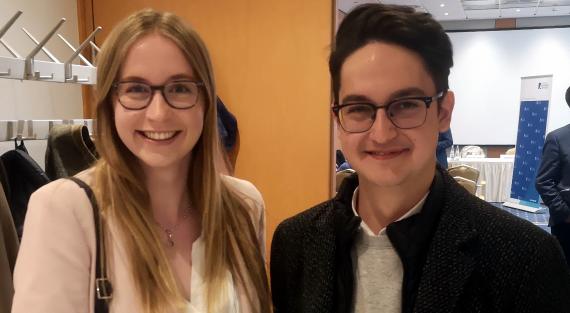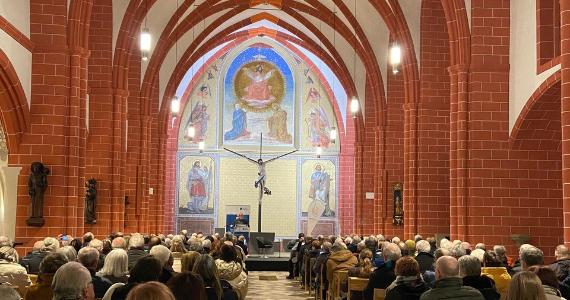Nothing is as constant as Change.
At a glance
- Since the early 1970s, the death rate in Germany has been higher than the birth rate. It is thanks to the immigration from abroad that the population of the Federal Republic of Germany has remained stable to this date.
- The low birth rate is increasingly becoming a problem for politics and society. It poses major challenges to Germany´s social and health systems.
- The problem of an ageing society is gaining in importance not only in Germany, but also all over Europe and in various regions of the world.
- The Konrad-Adenauer-Stiftung deals with the complex aspects of demographic change and its analyses consider how the welfare state can be made sustainable and fair for all generations.
Content
1. Politics and society face major challenges
2. The world´s population is ageing
3. A question of social cohesion
4. Our offers and projects on the topic
5. Publications, events and media contributions on the topic
Hardly any other social phenomenon has such numerous and long-lasting effects on society as demographic change. From ageing and shrinking populations to new forms of intergenerational and intercultural cohabitation, to structural changes such as the depopulation of entire rural areas and cities. Demographic change raises many questions about various social and economic aspects.
Politics and society face major challenges
Since the early 1970s, the number of deaths in Germany has exceeded the number of births. The number of people living in Germany has not fallen in recent decades thanks to the immigration of ethnic German repatriates, guest workers, refugees and skilled workers.
Nevertheless, the low birth rate is increasingly leading to an ageing society and, especially as the baby boomer generation begins to retire, Germany’s social and health care systems are facing serious challenges, especially as the baby boomer generation begins to retire.
This raises various questions: How can the German welfare state be made sustainable and fair for all generations? What measures can and should be taken by politics and society to deal with demographic change? What legislative adjustments will be necessary? And more generally: What is the social glue that holds our society together even in times of demographic change?
The world´s population is ageing
The phenomenon of declining birth rates and resulting ageing of society is not unique to Germany but is occurring in an increasing number of regions across Europe and the world. How are other countries experiencing the effects of demographic change and what strategies are they pursuing to meet these challenges? What approaches can Germany learn from?
A question of social cohesion
In order to deal with these and further questions, Konrad-Adenauer-Stiftung has set up the “Demographic Change” unit in its “Social Cohesion” department. In order to represent the different aspects of this broad topic area, cooperation is increasingly taking place across departments, and close involvement of the country offices is being sought.
Our offers and projects on the topic
Event series
Demographic change poses great challenges for our society, which also result in the generations drifting apart. A meaningful, compulsory activity that offers individual development and skills acquisition opportunities could strengthen social bonding and social cohesion again. Against this background, the Konrad-Adenauer-Foundation has created the event series “ChancenZeit”, in which we would like to lead the discourse about a mandatory year of society.
ChancenZeit – together for society
ChancenZeit – together for society
Street survey for the social year
(only in German)
YouTube, onlinekas
The Russian war of aggression in Ukraine led to an intensified discussion in Germany about the introduction of general conscription. As a result, the CDU decided at its 35th federal party conference to campaign for a mandatory “society year”. However, this idea is controversial and has been met with objections and concerns.
One solution could be to make the time frame more flexible and emphasize the individual opportunities and benefits of a year of service. In order to enable a balanced dialogue about advantages and disadvantages as well as possible alternatives, the Konrad-Adenauer-Foundation organizes nationwide events under the motto “ChancenZeit – together for society”.












